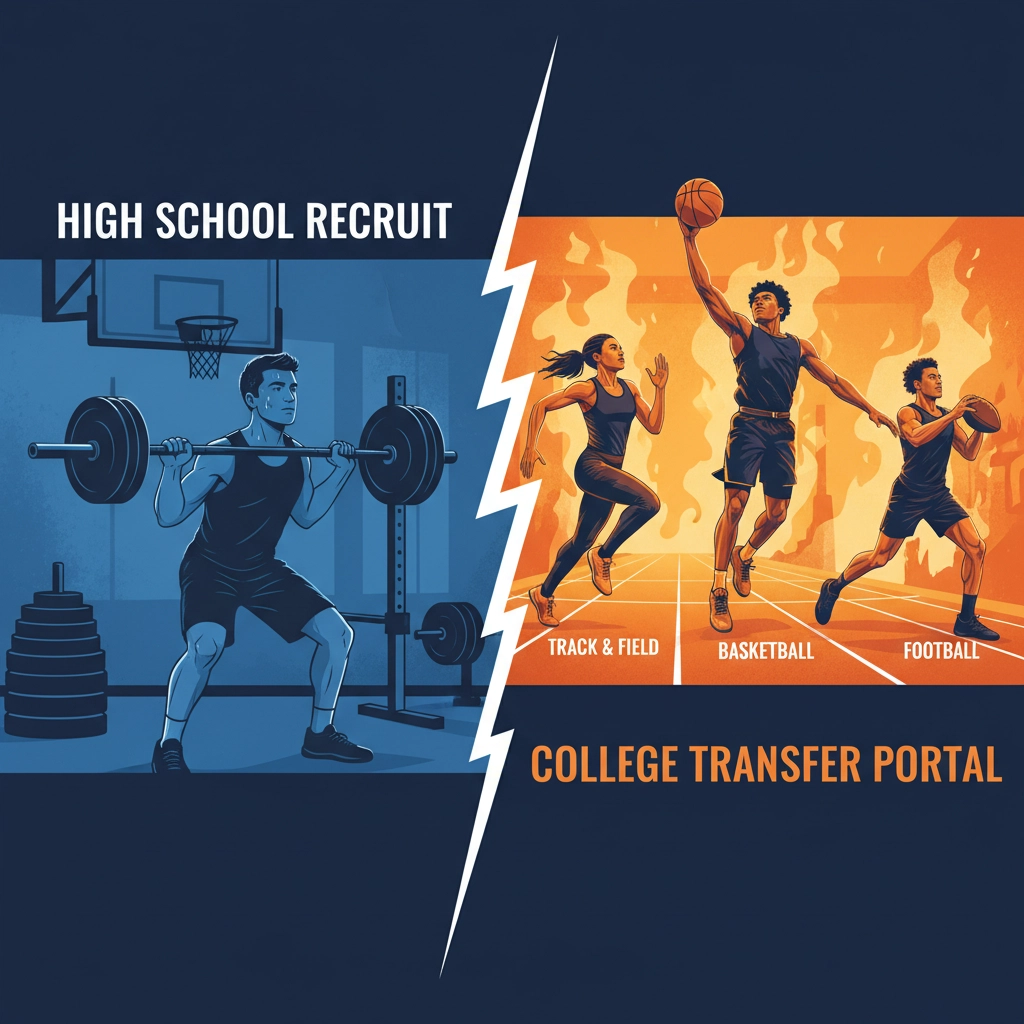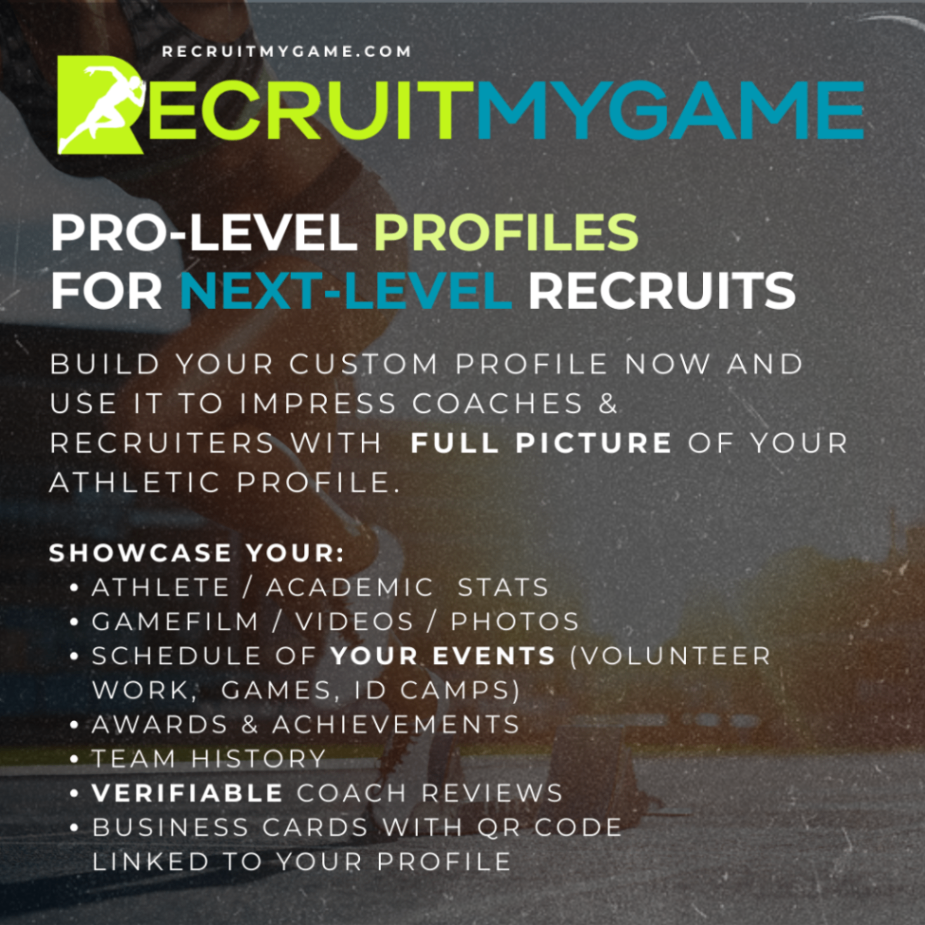What Actually Changed: The Settlement Breakdown
The House settlement eliminated scholarship caps across all NCAA Division I sports, replacing them with roster limits. Schools that opted in can now pay athletes directly up to $20.5 million annually, with 4% yearly increases built in. This isn't just about money: it's a complete restructuring of how coaches evaluate, recruit, and manage their programs.
Gone are the days of "full" versus "partial" scholarships in most sports. Now, every sport operates under equivalency rules, where coaches distribute scholarship money among roster spots however they choose. A track coach might give ten athletes half scholarships, or spread funds across twenty roster spots at varying levels.

The Opt-In Reality
Not every program joined the new system. Schools had until June 30, 2025, to decide, creating a two-tier recruiting landscape. Programs that opted in operate with enhanced resources and direct payment capabilities, while traditional programs maintain older scholarship structures. This divide affects everything from recruiting budgets to roster management philosophies.
The New Recruiting Landscape: What You're Actually Competing Against
Fewer Developmental Opportunities
The biggest shift? Coaches prioritize immediate impact over potential. With roster limits tighter than previous scholarship caps in many sports, walk-on opportunities have virtually disappeared at Power Four and major programs. Coaches can't afford to develop athletes over multiple years: they need contributors from day one.
Transfer Portal Dominance
High school recruiting now competes directly with proven college performers. Coaches fill roster spots with established athletes from Division II, NAIA, U SPORTS, and lower-tier Division I programs. You're not just competing against other high school seniors: you're competing against 20-year-olds with college statistics and proven performance records.

Versatility Premium
Multi-event athletes command unprecedented value. Track programs prioritize distance runners who score across cross country, indoor, and outdoor seasons. Team sport coaches favor players who contribute in multiple positions. Every roster spot must maximize scoring potential or tactical flexibility.
Strategic Navigation: Your Action Plan
Timeline Acceleration
Recruiting timelines compressed dramatically. Coaches manage official visits, transfer portal additions, and high school recruiting simultaneously, creating pressure for earlier commitments. You need to demonstrate readiness and make decisions faster than previous recruiting classes.
Key Actions:
Schedule official visits during designated contact periods
Prepare highlight materials by junior year spring
Research program structures before initial contact
Understand your sport's specific dead and quiet periods
Program Research Revolution
Settlement participation status affects everything from available resources to coaching philosophy. Programs that opted in operate with different roster management strategies than traditional programs.
Essential Questions for Coaches:
Did your program opt into the House settlement?
How do you distribute scholarship funding across roster spots?
What's your transfer portal versus high school recruiting ratio?
How do roster limits affect walk-on opportunities?

Performance Standards Shift
Immediate impact capability became the primary recruiting filter. Coaches evaluate whether you can contribute meaningful minutes or points during freshman year, not your potential development over four years.
Focus Areas:
Document consistent performance against elite competition
Highlight versatility across multiple positions or events
Demonstrate physical and mental readiness for college intensity
Show statistical production that translates to college level
Financial Navigation in the New System
Understanding Payment Structures
Direct athlete payments vary dramatically between programs and sports. Revenue-generating sports typically receive larger allocations, while Olympic sports share smaller portions of the $20.5 million pool. These payments supplement, not replace, traditional scholarship funding.
International Athlete Considerations
Approximately 25,000 international athletes across NCAA divisions face complex new challenges. Visa restrictions, financial aid limitations, and payment exclusions create additional hurdles while competing against domestic athletes who may receive direct compensation.

Maximizing Opportunities in 2025
Multi-Platform Visibility Strategy
Traditional recruiting methods insufficient for the accelerated timeline and increased competition. You need comprehensive digital presence that showcases athletic ability, academic credentials, and character consistently across all platforms.
Platform Integration:
Professional recruiting profiles with verified statistics
Social media presence that reinforces your brand
Direct coach communication through multiple channels
Video content that demonstrates game-ready ability
Academic Leverage
Strong academic credentials provide recruiting security in an increasingly competitive landscape. Coaches value athletes who contribute to team GPA requirements while delivering athletic performance. Academic excellence creates roster value beyond pure athletic ability.
Geographic Strategy
Regional recruiting patterns shifted as coaches prioritize proven performers over geographic diversity. Consider programs outside traditional regions if they offer better roster opportunities or settlement benefits.

Long-Term Planning in an Evolving System
Rule Evolution Awareness
The 2025 changes represent initial implementation, not final structure. Revenue-sharing models will continue evolving, roster limits may adjust, and competitive landscapes will shift as programs adapt to new financial realities. Successful athletes maintain flexibility and stay informed about ongoing modifications.
Career Development Focus
Enhanced college athletics funding creates new professional development opportunities. Programs with settlement resources invest more heavily in athlete branding, career preparation, and post-graduation planning. Consider these long-term benefits when evaluating program options.
Your Competitive Advantage: Modern Recruitment Tools
The settlement changes demand sophisticated recruitment approaches that traditional methods can't support. You need platforms designed for the current landscape: systems that showcase complete athletic profiles, facilitate direct coach communication, and adapt to evolving recruitment patterns.
Professional recruiting profiles now essential, not optional. Coaches manage hundreds of prospects while filling limited roster spots through multiple pipelines. Your ability to present comprehensive, verified information efficiently determines whether you advance in their evaluation process.

Moving Forward with Confidence
The 2025 settlement created challenges, but also unprecedented opportunities for prepared athletes. Enhanced funding means better facilities, coaching, and support systems. Expanded roster flexibility creates new pathways for versatile performers. Direct athlete compensation provides financial security previously unavailable.
Success requires strategic thinking, professional presentation, and comprehensive understanding of how individual programs operate within the new framework. The athletes who thrive are those who adapt quickly, leverage modern tools effectively, and position themselves as immediate contributors to program success.
Your recruitment journey operates in the most resource-rich era of college athletics history. The programs that find you will offer opportunities previous generations couldn't access. The key is ensuring they can find you, evaluate you efficiently, and understand exactly how you contribute to their success from day one.


